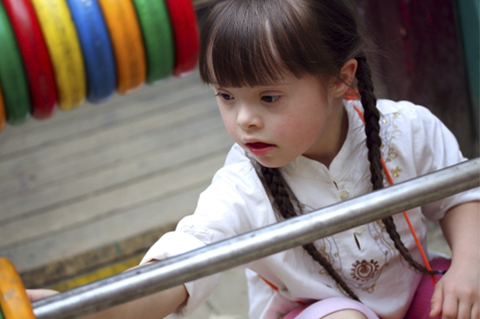Project Description
Intellectual Disabilities
Intellectual Disabilities: While there is no cure for an intellectual disability, research has shown that special education as well as positive behavioral therapy will help a child learn and grow. Intelligence refers to general mental capability and involves the ability to reason, plan, solve problems, think abstractly, comprehend complex ideas, learn quickly, and learn from experience. Studies show that somewhere between one (1) percent and three (3) percent of Americans has an intellectual disability. There are many causes of intellectual disability, factors include physical, genetic and/or social. The most common syndromes associated with intellectual disability are autism, Down syndrome, Fragile X syndrome and Fetal Alcohol Spectrum Disorder (FASD).
What we can do to help: At Brain Learning we take pride in how we evaluate a child who may have an intellectual disability. We believe that all children can learn. We believe that simply reporting what a child “can’t do” is not helpful to those who need to teach him. We are careful to evaluate the child’s strengths. At Brain Learning we often go into homes, into the community, and into schools to truly capture the child’s strengths, because we know that many cognitive tests only show what a child with an intellectual disability “can’t do.”
We believe in carefully assessing the child with Down syndrome to determine how inclusion in the general education classroom would meet the child’s needs best. We know that the research on learner’s with Down syndrome strongly support models of full inclusion, to the extent possible. We believe in being honest with parents and educators and providing a framework for what a child with Down syndrome will benefit from. Using our knowledge of the research and our knowledge of the child being assessed, we make individualized recommendations. We also believe that children with Down syndrome need to learn along side of their age typical peers to the extent possible. Children with Down syndrome shouldn’t simple be “visitors” to the general education classroom, but rather they should be part of the group. The experiences in the general education classroom allows for the child with Down syndrome to model good social and academic behavior. It allows for the child with Down syndrome to form life long relationships.





